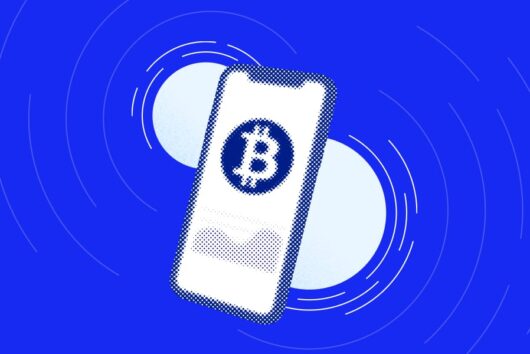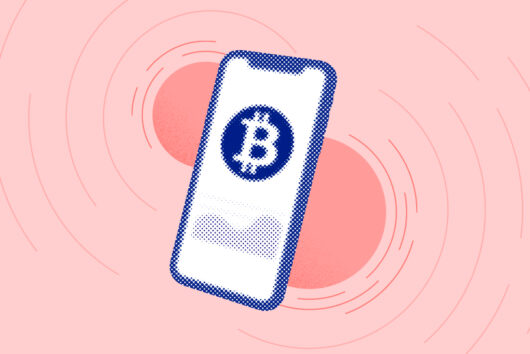What are Bitcoin fees?

When you’re sending or receiving Bitcoin, you’ll notice a transaction fee is included. This fee varies from transaction to transaction, depending on a number of factors. To help you understand Bitcoin transaction fees better, let’s break it down.
Why are there transaction fees for Bitcoin?
Transaction fees largely fall into two separate categories when it comes to Bitcoin: network fees and miner fees. Both play a role in the operation of Bitcoin, by either safeguarding the efficiency of the network or compensating those responsible for validating transactions.
- Network transaction fees: thousands of transactions are made on the Bitcoin network everyday, which requires computing resources and power. Rather than Bitcoin users dealing with transaction delays, these fees help those running the network cover their processing costs and maintain efficiency.
- Miner fees: miners are responsible for validating and confirming transactions on the blockchain. Without them, Bitcoin transactions couldn’t be processed. These fees act as payments to miners for their work on the blockchain.
What affects the price of transaction fees?
Transaction fees aren’t static. They’re constantly changing as a result of a number of different factors.
Here’s the three main things that influence the transaction fee you pay:
- Network congestion: fees are dynamically affected by the current traffic levels on the Bitcoin network. Quieter times come with cheaper fees whereas higher traffic results in increased transaction fees as users compete for quicker processing.
- Transaction size: the larger the transaction you’re looking to make, the higher transaction fee you could face. There’s more data processing related to larger transactions, meaning more computing power and resources are needed.
- Priority level: some wallets let users set a priority level for their transactions. This means if you need to send your Bitcoin quickly, you can. You’ll just pay higher fees to put your transaction higher up the priority list.
How does Luno calculate fees?
Luno charges fees for sending and receiving Bitcoin in order to cover what the network charges. We don’t set the fees, and, importantly, we don’t gain any profit from them. Our pricing information on a per-country level. You can find out more about it in the Fees & Features section.
For more information, check out the following Help Centre articles:
How do I buy or sell cryptocurrency?
What does it cost to use Luno?
How do I send Bitcoin for free?
What are the fees for trading on the Luno Exchange?
Why is my transfer amount less in GBP?
How do I monitor the price of Bitcoin?
Investing in cryptocurrency may result in the loss of capital as the value can fluctuate.
 Discover
Discover Help Centre
Help Centre Status
Status Company
Company Careers
Careers Press
Press

